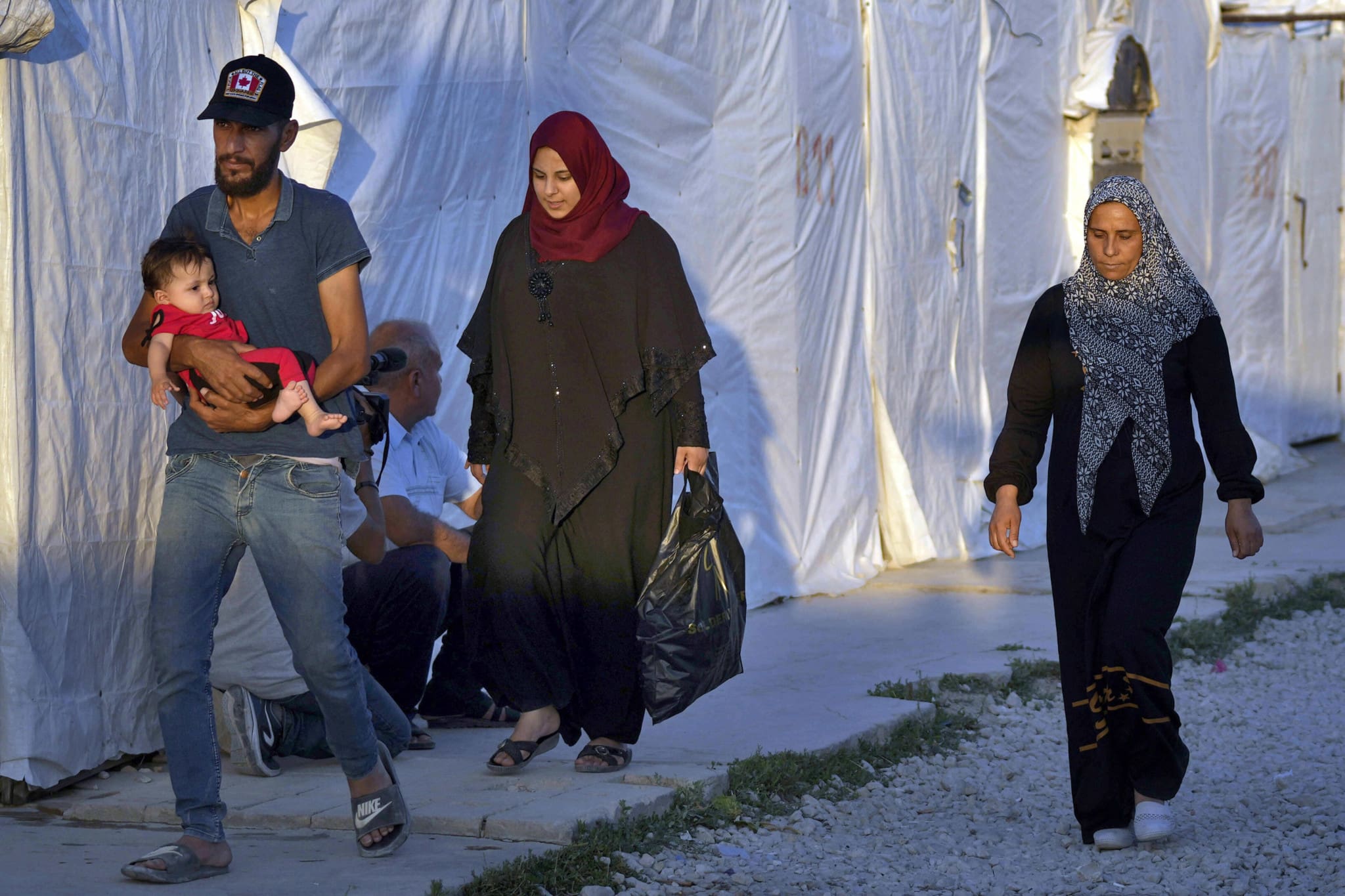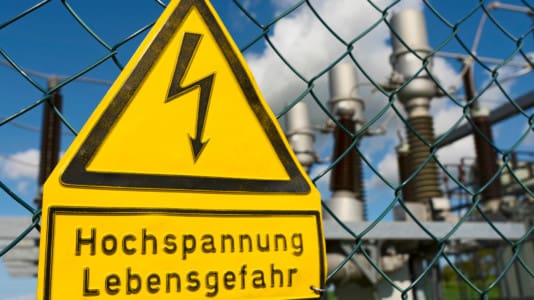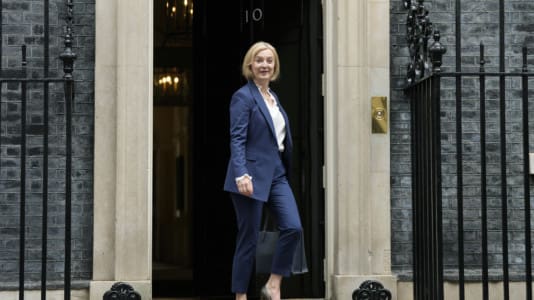Czech Minister of the Interior Vít Rakušan does not yet want to close the Czech borders, despite an increasing number of illegal migrants flooding into the country.
Two weeks ago, as part of an exercise on the Slovak-Czech border, the police captured almost 300 refugees. The country has also warned of a tremendous increase in illegal border-crossings over the last three months. Meanwhile, the German government is not yet planning permanent security either, despite the head of the police union calling for it.
Rakušan will first negotiate with Slovakia on compliance with the so-called readmission agreement, which regulates the transfer of migrants between countries. He also wants to talk about the situation with representatives of Germany, where most migrants from the Czech Republic head.
“This is not an official proposal, but if Slovakia does not comply with the readmission agreement, random checks by police officers at the border will be the solution. But it’s the last option, I still hope for an agreement,” said Rakušan.
According to readmission agreements, Slovakia is supposed to take back people without proper permission who are detained at the state border or the first train stop in Czechia, but the country is refusing to do so. Slovakia is detaining those who are confirmed third-country nationals on its own territory. Rakušan will discuss respecting the convention with Slovak Minister of the Interior Roman Mikulec later this week.
“We comply with the readmission agreement, but on the Slovak side, it is crucial. I will give the Slovak minister a clear proposal for a solution. I will show him the readmission agreement. I will want them to start applying it to the Czech side as well,” said Rakušan.
Police President Martin Vondrášek asked him to solve the problem with the Slovak side. As part of a recent police exercise at the border, officers secured 277 migrants and seven smugglers. The last total number of detained refugees was published by the police two weeks ago. Up until then, the police officers had dealt with 4,194 so-called transit migrants who wanted to cross Czechia to enter another country. Last year, the police detained only 1,330.
“There are hundreds of arrests a day in our country, thousands in Austria. The good news is that crime has not increased because of this,” Rakušan pointed out, adding that this is primarily transit migration.
The Czech minister sees the problem in Turkey and wants to discuss it with Slovak and German partners. He also promised to inform the Chamber of Deputies about the agreement to resolve the situation. On Tuesday, Rakušan responded in parliament to a call from opposition deputy Radek Vondráček, who requested information from the government on the current state of illegal migration in the Czech Republic.
“It is mainly due to Turkey, which we have documented. Turkey began to release the Syrian population it had detained for a long time under favorable conditions, but President Erdogan has an election coming up. Syrian refugees are under more pressure and are looking for a way out of Turkey,” commented Rakušan.
The minister also wants to discuss the situation with the EU to significantly strengthen the European border units and coast guard agency Frontex, as well as tighten the right to asylum. In cooperation with Justice Minister Pavel Blažek, he intends to submit a proposal to intensify penalties for smugglers.
The German side has also noticed the increase in migrants from the Czech Republic. According to the head of the German police union, Heiko Teggatz, this is the highest increase in cases of migrants entering Germany without the necessary documents since 2015, when migrants mainly from Syria and Iraq fled to Europe.
Teggatz said smugglers created new routes from the Balkans that now lead to Germany via Slovakia and Czechia. According to him, it is related to the fact that Austria has tightened border controls with Hungary. That is also why he would like cross-border checks with the Czech Republic, which he requests from the German interior minister, Nancy Faeser.
However, Rakušan believes Germany is not interested in closing the borders. The spokeswoman of the German Ministry of the Interior also confirmed this conjecture.
“The temporary reintroduction of internal border controls on the German-Czech border based on Article 25 of the Schengen Borders Code (SBC) is not currently under consideration,” said the spokeswoman, referring to the article of SBC that sets the conditions for the temporary reintroduction of controls.
The spokeswoman also said that Germany continues to carefully monitor the number of unauthorized entries into Germany across its border with the Czech Republic. According to her, the federal police will continue to take measures at the intra-Schengen border with the Czech Republic that follows both Schengen rules and German regulations. These measures will be strengthened when necessary.






